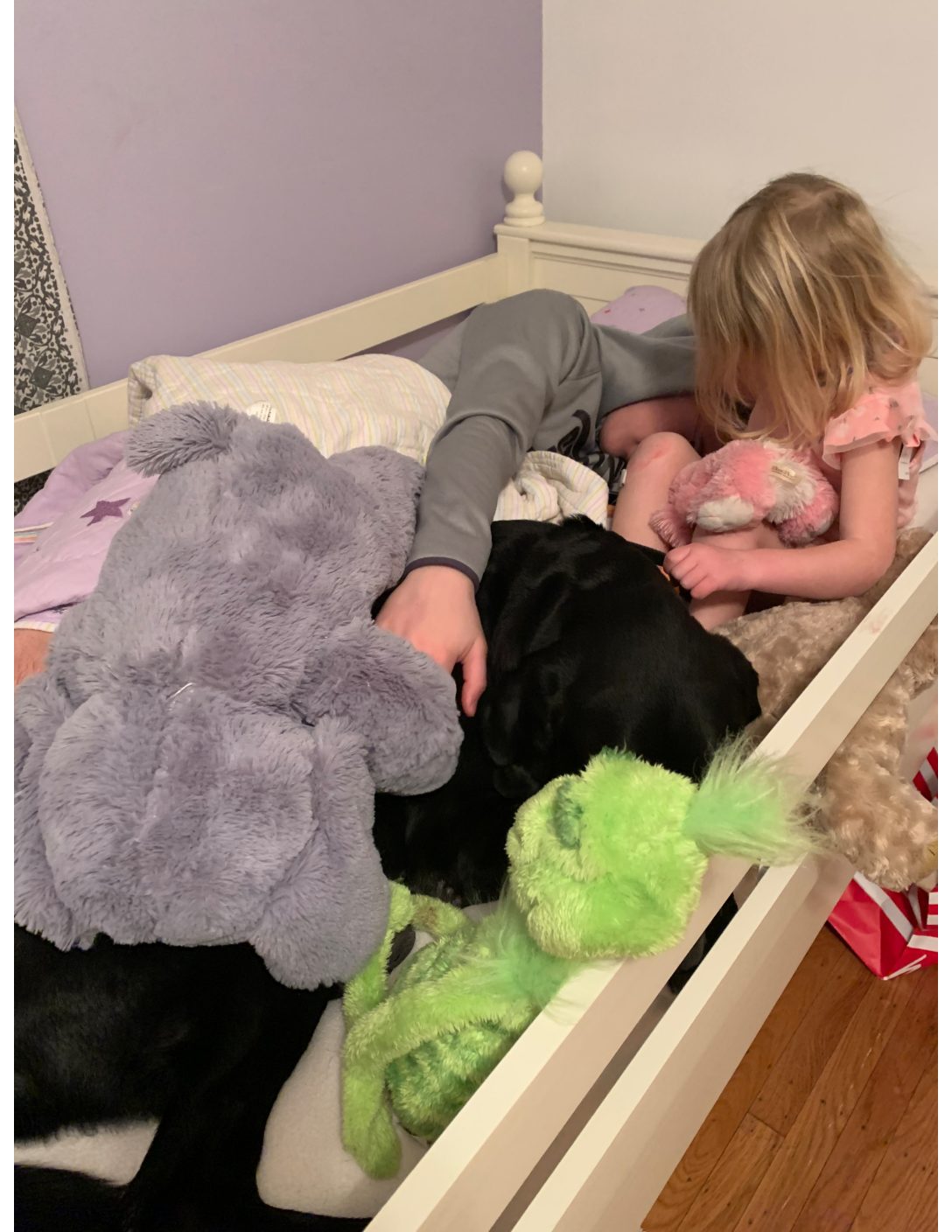SLEEP, SLEEP, AND MORE SLEEP

When it comes to our health, adequate sleep plays a major positive role. Not getting enough sleep can lower your immune system and make you more susceptible to the flu, colds and other illnesses. According to the National Sleep Foundation, inadequate sleep can contribute to diseases such as heart disease, diabetes and obesity.
I am currently reading the book, “Why We Sleep” by Matthew Walker, PhD. He states that “Routinely sleeping less than six or seven hours a night demolishes your immune system, more than doubling your risk of cancer. Insufficient sleep is a key lifestyle factor determining whether or not you will develop Alzheimer’s disease. Inadequate sleep – even moderate reductions for just one week – disrupts blood sugar levels so profoundly that you would be classified as pre-diabetic. Short sleeping increases the likelihood of your coronary arteries becoming blocked and brittle, setting you on a path toward cardiovascular disease, stroke, and congestive heart failure. Fitting Charlotte Brontes prophetic wisdom that “a ruffled mind makes a restless pillow,” sleep disruption further contributes to all major psychiatric conditions, including depression, anxiety, and suicidality.”
Those are some pretty alarming comments that have forced me into REALLY evaluating my sleep hygiene and asking my patients about theirs. Based on my years of experience with clients and patients, there is only a small percentage that get at least 8 hours of sleep per night. I find that stress, lack of exercise, electronics (tv, phone, ipad, video games), poor dietary habits and alcohol intake all have a negative impact on one’s sleep health. Matthew Walker gives some great tips on improving sleep hygiene in his book.
This is what he recommends:
- Set a sleep schedule and stick to it. Set an alarm clock FOR BEDTIME, not to just wake up in the morning. He states that this is the one piece of advice he hopes you take away from his twelve tips.
- Exercise at least 30 minutes per day but no later than two to three hours before bedtime.
- Avoid caffeine and nicotine, they are both stimulants that disrupt sleep.
- Avoid alcohol before bedtime – heavy use robs you of REM sleep and keeps you in the lighter stages of sleep.
- Avoid large meals and snacks at bedtime – they can cause indigestion and interrupt sleep.
- If possible, avoid taking medications at bedtime that disrupt sleep. If you find that one of your medications is keeping you up at night, discuss it with your physician.
- Naps can be beneficial but not after 3pm. This will make it more difficult for you to fall asleep at night.
- Make relaxing activities a part of your bedtime ritual. Read a book or listen to music.
- Take a hot bath or shower – the drop in body temperature after getting out may help you feel sleepy and the bath itself can be relaxing. I love to add lavender bath salts.
- Your bedroom should be dark, cool and gadget free.
- Get outside daily for at least 30 minutes of sunlight. Sunlight helps regulate your sleep patterns and fall asleep easier in the evening.
- Do not lie in bed awake. If you find yourself still awake for more than twenty minutes or if you are feeling anxious, get up and do a relaxing activity until you feel sleepy. The anxiety of not being able to sleep can make it more difficult to fall asleep.
I think these are all awesome tips! Feel free to share any tips that have worked for you! I hope that you all understand the importance adequate sleep has on your health. It is a big piece of the puzzle in optimizing your overall health and well-being.
